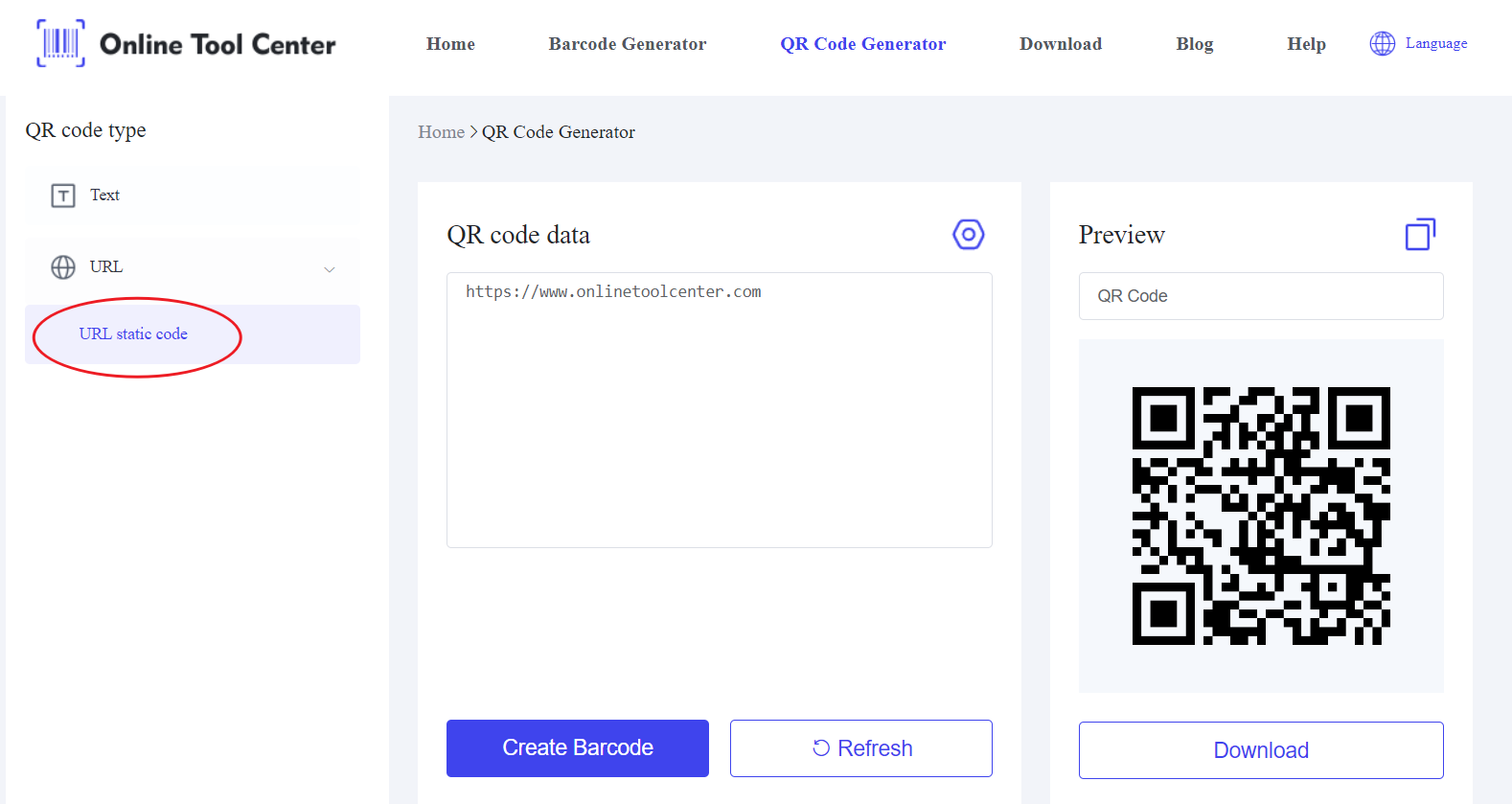How Long Do QR Codes Last?
From marketing campaigns to contactless payments, these small, square codes have transformed how we interact with information.
However, a common question that arises is how long do QR codes last? Are they permanent, or do they have an expiration date? Understanding the durability and lifespan of QR codes is crucial, especially for long-term projects.
Static QR Codes vs. Dynamic
Before we discuss longevity, it's essential to understand the two main types of QR codes: static and dynamic.
Static QR Codes: These codes are generated with fixed data that cannot be altered. Common uses include product labels, business cards, and any application where the information remains consistent.
The data embedded in static QR codes is permanent, ensuring that these codes do not expire as long as the medium they are printed on remains intact and scannable. By using a static QR code generator, you can create durable codes that will continue to function reliably, offering a long-lasting solution for your needs.

Dynamic QR Codes: Unlike static codes, dynamic QR codes are editable. The data stored can be updated or changed without needing to regenerate the QR code itself. This flexibility makes dynamic QR codes ideal for marketing campaigns or applications where the content might change frequently.
However, the lifespan of a dynamic QR code depends on the service provider hosting the data, meaning that if the service is discontinued or the subscription lapses, the QR code may no longer function.
Practical Considerations for QR Code Permanence
For businesses and marketers, the choice between static and dynamic QR codes depends on their specific needs.
If the information will never change (such as a company's permanent contact details), a static QR code is ideal. However, for campaigns or content that may need updating, a dynamic QR code offers the best of both worlds, permanence in form, but flexibility in content.
How to Ensure Your QR Codes Stand the Test of Time?
For those looking to ensure that their QR codes remain functional over time, consider the following best practices:
1. Choose the Right QR Code Type: If you need a QR code for a long-term application, a static QR code is typically the best choice. For campaigns where content may change, dynamic QR codes offer flexibility but require ongoing management.
2. Invest in High-Quality Printing: Use a high-quality label printer to produce crisp, durable QR codes. This ensures they remain scannable over time, especially when exposed to harsh conditions or intended for long-term use.
3. Regular Testing: Periodically scan your QR codes to verify they are still functional. This is especially important for dynamic QR codes, where the linked content or service may change over time.
4. Choose Reliable Service Providers: When using dynamic QR codes, select a service provider with a solid track record. This ensures that your QR codes remain functional for as long as you need them.
Are QR Codes Permanent?
Given the distinctions between static and dynamic QR codes, one might wonder, are QR codes permanent? The answer is nuanced.
Static QR codes can indeed be considered permanent, as their data is fixed and does not rely on external factors beyond the physical medium. As long as the code is scannable, it will continue to function as intended.
Dynamic QR codes offer flexibility at the expense of permanence. While the code can be updated with new information, its functionality is tied to the ongoing availability of the service managing the code.
If the service ends or the link is broken, the QR code may no longer serve its intended purpose.
The Permanence of QR Codes in Various Applications
QR codes are widely used across various industries, where their durability and permanence are crucial:
● Product Packaging: QR codes on product packaging provide consumers with information or access to websites. Static QR codes on long-shelf-life products need to remain scannable for extended periods, making high-quality printing essential.
● Public Installations: In museums or historical sites, QR codes offer visitors detailed information. These codes must be durable enough to withstand environmental exposure for years.
● Business Cards: Many professionals use QR codes on business cards to share contact details or link to online profiles. As these details often remain consistent, static QR codes are ideal for this purpose.
● Asset Tracking: Industries that rely on barcode asset tracking, such as manufacturing or logistics, use QR codes to monitor equipment or products over their lifespan. In such cases, the durability of the QR code is critical.
In summary, how long do QR codes last depends largely on the type of QR code and the care taken to preserve it.
Static QR codes offer permanence, making them ideal for applications requiring long-term use. Dynamic QR codes offer versatility but require ongoing maintenance to ensure they remain functional.
For those looking to create durable QR codes, our QR code generator offers free and customizable solutions to meet your needs.




